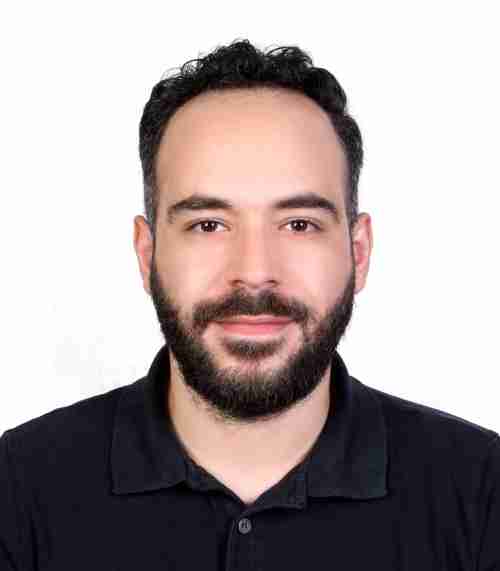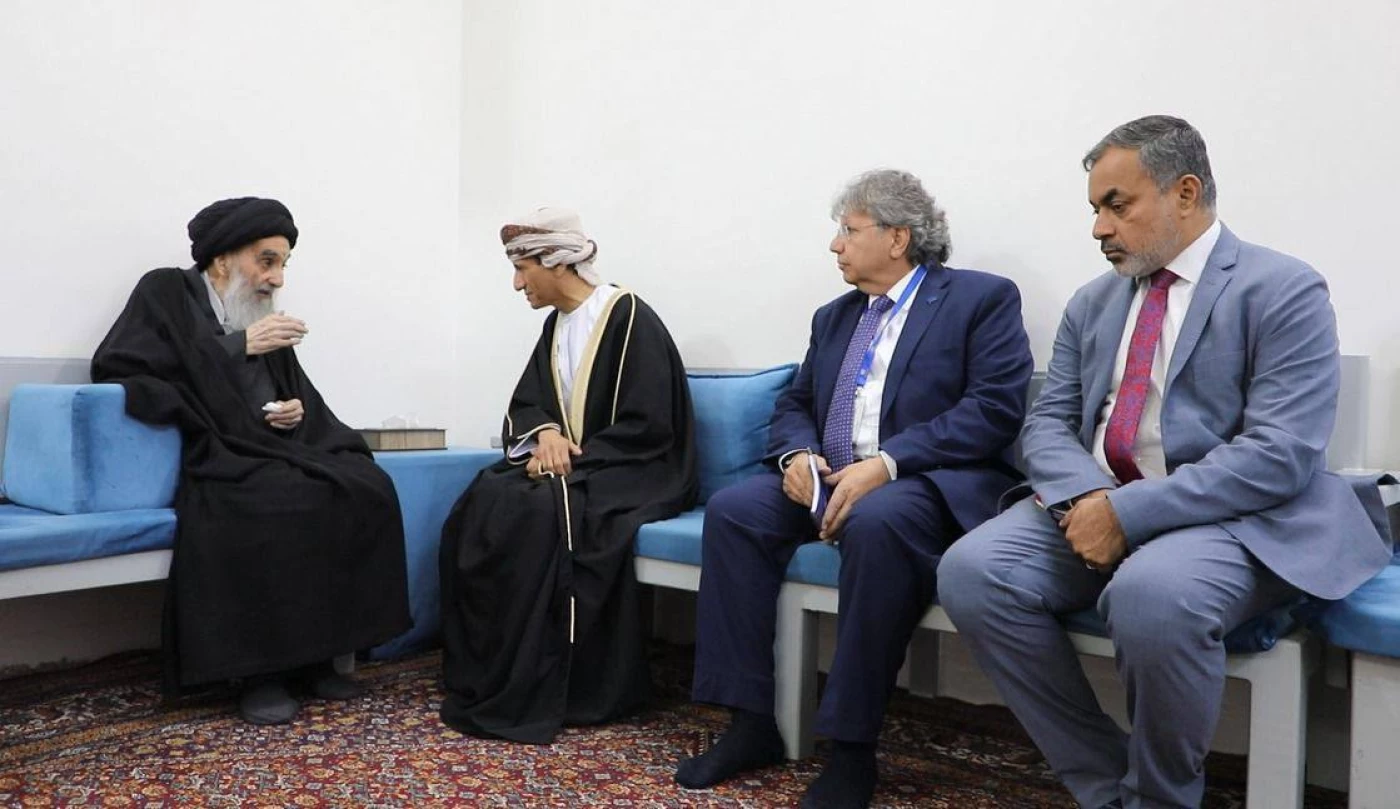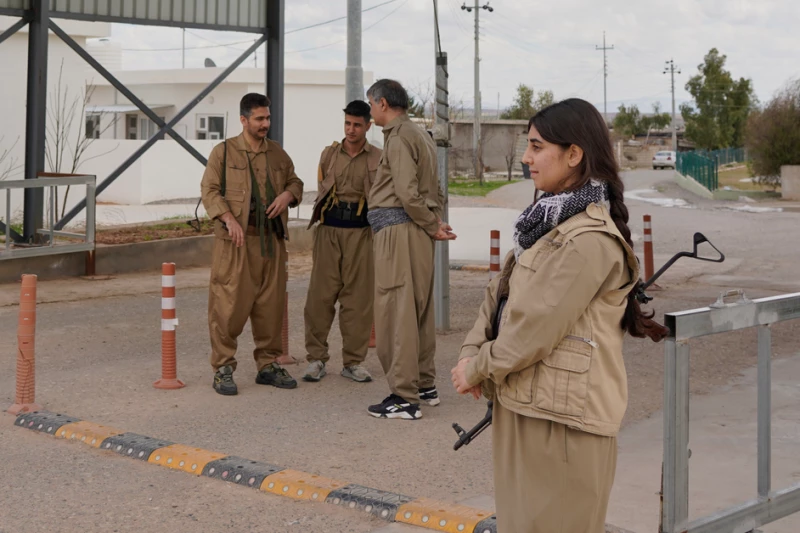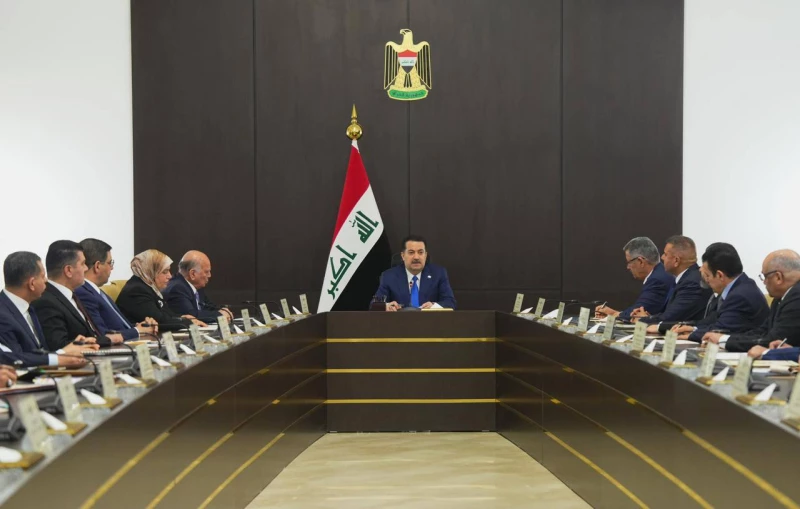DUBAI, UAE - Iraq’s top Shiite cleric Grand Ayatollah Ali al-Sistani on Monday met with Mohammad al-Hassan, head of the UN Assistance Mission for Iraq (UNAMI), in Najaf, stressing the need to preserve Iraq’s stability, preventing foreign interference, and restricting arms to the state.
Sistani welcomed the UN's presence in Iraq and extended his best wishes for the mission's success in fulfilling its objectives. He highlighted the significant challenges currently facing Iraq, noting the hardships endured by its people on multiple fronts.
“Iraqis - especially the conscious elites - should learn from the experiences they have gone through and do their utmost to overcome their failures and work hard to achieve a better future for their country in which everyone enjoys security, stability, progress and prosperity,” a statement from Sistani’s office cited the cleric as saying.
“This cannot be achieved without preparing scientific and practical plans to manage the country based on the principle of competence and integrity in assuming positions of responsibility, preventing foreign interference in all its forms, enforcing the rule of law, restricting arms to the state, and combating corruption at all levels,” he added.
He noted, however, that Iraqis likely face a long path ahead in accomplishing these goals and expressed hope that they would find the strength to overcome these challenges.
Turning to regional conflicts, Sistani expressed deep sorrow over the ongoing crises in Lebanon and Gaza, along with regret at the international community’s inability to implement effective solutions.
He criticized the failure to halt the suffering or at least protect civilians from the violence attributed to Israeli forces.
Following the meeting, Hassan described his encounter with Sistani as an “honor”, stating that he had “listened to the wisdom” of the Shiite authority and his views on Iraq and the wider region.
“Sayyid al-Sistani is held in high regard both in the Islamic world and internationally, and I am pleased to have met with him,” Hassan said.
Hassan affirmed that the UN remains committed to supporting Iraq and that the body’s approach would focus on reinforcing Iraq’s priorities without overstepping. He said he had agreed with al-Sistani on the importance of collaborative efforts to strengthen Iraq’s standing in the region and emphasized that “any offense against the status of the Marja'iyyah [religious authority] will not be tolerated.”
During their discussion, Hassan said, Sistani encouraged the UN to prioritize actions that would benefit Iraq. Sistani also shared his hopes that Iraq would build stronger relations with its neighbors in the future.
The UN representative underscored that the UN’s involvement would remain strictly advisory and focused on the areas Iraq identifies as priorities.



 Facebook
Facebook
 LinkedIn
LinkedIn
 Telegram
Telegram
 X
X


